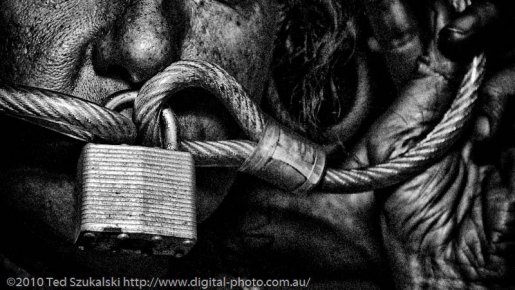Last week, I took a long-haul British Airways flight from Heathrow’s Terminal Five. Other frequent flyers may be aware that the only airlines serving this particular terminal are Iberia and British Airways. Now, to make this relevant, I must explain that I am a recent smoking veteran.
I am fortunate enough to live very nearby a vendor that sells Gamucci Electronic Cigarettes at far below their usual retail price, and the idea one day struck me to give them a try. Within a week, I had cut down on my tobacco intake significantly, and have tapered my use to only social situations over the last month, which is a great personal victory for a pack-a-day smoker of three years.
Before my flight, I ran over British Airways’s regulations to find any explicit mention of electronic cigarettes, of which there were absolutely none. I made my way to Lewisham, where I (rather ambitiously) purchased three nicotine free cartridges for my Gamucci battery, charged the cigarette and packed my bags. When I arrived at Terminal Five, I began to feel anxious about the lack of nicotine that I may have to endure for the ten hour flight, and popped over to WH Smith to buy myself a SKYCIG, containing the equivalent nicotine of 30 cigarettes.
















